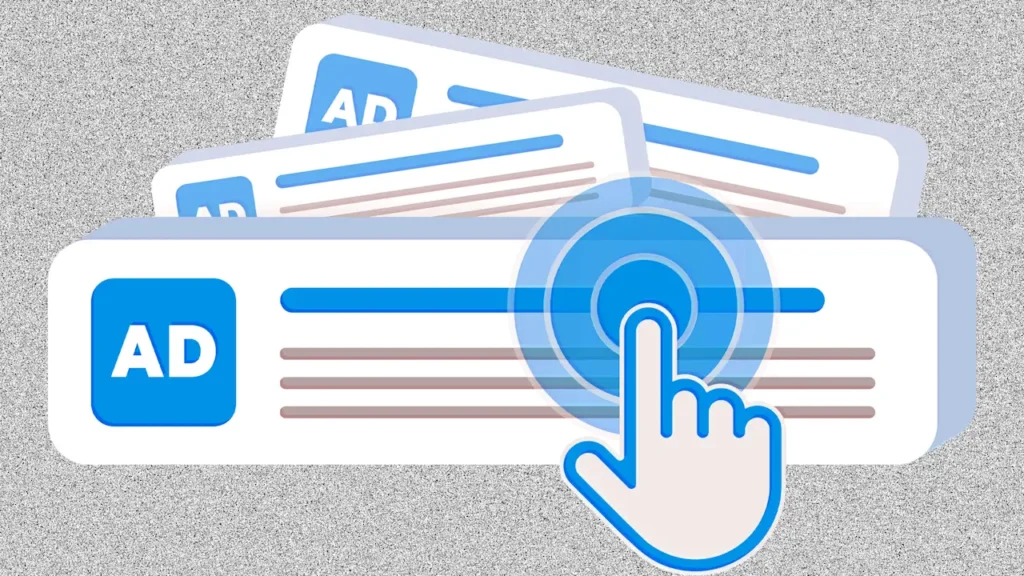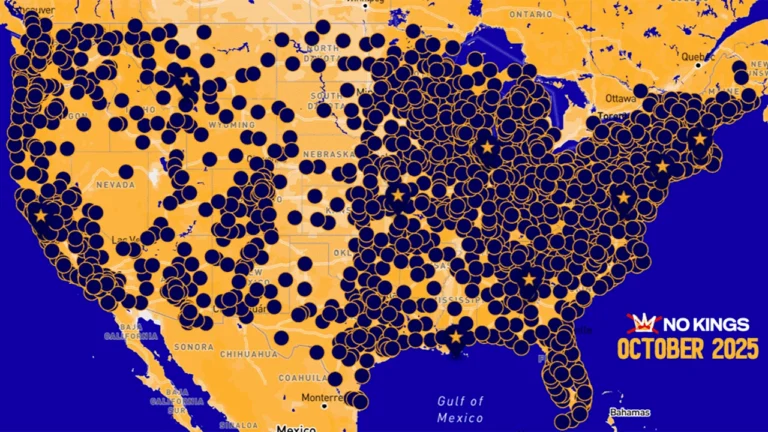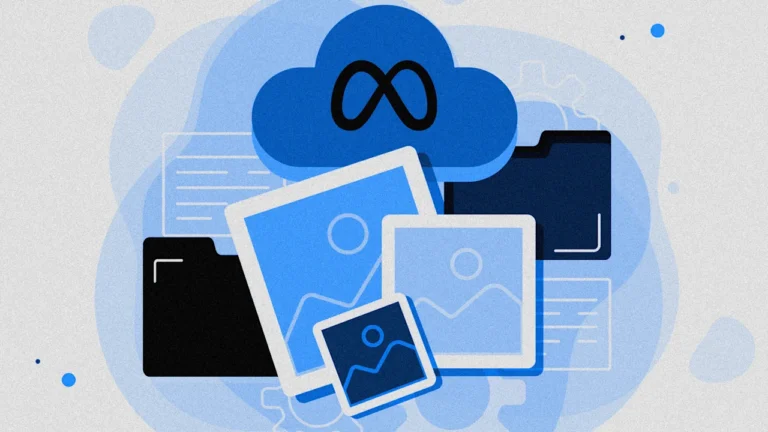
If you’ve noticed that the internet feels different lately—more cluttered, harder to navigate—you’re not imagining it. The system is breaking down in real time, and by 2026, researchers predict that 90% of web content will be AI-generated. Quality journalism is disappearing behind paywalls while feeds fill with noise designed purely to capture attention. An innovation that was supposed to democratize information is now drowning us in it.
I know this intimately because I helped build it. As founder of AppNexus, which sold to AT&T for $1.6 billion, and former CTO of Right Media, I created the technology that became the backbone of digital advertising, a multibillion-dollar industry and the economic engine funding everything from major newsrooms to niche blogs. Now that engine is stalling.
You are now the product
Here’s what happened: instead of paying for what you have actually read or watched, the advertising system turned you into the product. Every click, search, and scroll got auctioned to the highest bidder. You became the currency. And once the dollars followed your data rather than content quality, the value of real information slipped into the background.
The effects are everywhere. News organizations are consolidating rapidly or shuttering entirely. AI-generated slop is creeping into YouTube and other online communities, and flooding search results with spam. Trust in the media and the online ecosystem is on the brink of collapse. Shoes chase you around the internet, misinformation spreads faster than facts, and billions vanish to fraud. It feels like the end. But I’ve seen this before.
A recurring pattern
The internet has a pattern: it breaks, people panic, and then it is rebuilt into something much better. Web 1.0 gave us static pages and basic connectivity. Web 2.0 brought user-generated content and social interaction—but not before people warned it would destroy traditional media entirely. Each transition looked catastrophic while it was happening. Remember when mobile first arrived? Mobile websites were impossible to read. Ads covered half your screen. Everything required pinch-to-zoom and patience. Companies spent years trying to shove desktop experiences onto phones before they figured out that mobile needed its own infrastructure. It felt broken and annoying, until it didn’t. With phones constantly in hand and the first screen for most people, we barely remember the awkward transition.
Another phase
We’re in that awkward phase again. Our attention is fragmented across more platforms, devices, and channels than ever. We seek information and entertainment everywhere, and we have higher expectations: we want access without annoyance, quality without cost, personalization without intrusion. The current infrastructure wasn’t built for this reality.
Now, AI has cascaded into everything. It’s generating slop that’s flooding search results and feeds, yes, but it’s also the tool we’re using to rebuild. We are reorganizing our lives around it: how we work, how we find information, how we consume content. What some are calling the “agentic AI economy”—where AI is integrated as an intelligent intermediary that reasons, plans, and acts to solve problems—is starting to take shape. The internet’s infrastructure will be fine once it catches up to that shift and the industry rethinks its fundamental economics.
Course correction
Licensing deals, revenue sharing, and “pay-per-crawl” compensation models are taking shape to course correct and ensure publishers start to be paid for their value and those will continue to evolve as the industry sees what sticks. Meanwhile, AI companies themselves, OpenAI being the most recent, are investing in advertising infrastructure, recognizing that if chat and AI engines are here to stay as primary channels, they need sustainable business models beyond subscriptions.
New targeting approaches leveraging agentic AI are also on the horizon, offering the promise of eliminating waste and fraud that would otherwise go toward funding made-for-advertising websites or AI slop. Companies like mine, Scope3, offer “agentic advertising,” using AI agents to match ads to specific content themes and values rather than relying on personal data or demographics.
Try this: copy a page you’ve browsed and paste it into ChatGPT, then ask it to produce an ad and compare the result to what’s actually on the page. More likely than not, ChatGPT gave a better ad without even needing your browser history or data. This makes content the product again, not you. Quality publishers get rewarded while content farms and fraudulent sites are starved of revenue.
These are proof points that the economic infrastructure is being rebuilt.
A turning point
The internet’s promise doesn’t have to die with its decline. We’re at a turning point where we know AI will shape the web—that’s inevitable. Now we decide what kind of system we build with it.
If the attention economy monetized distraction, the agentic AI economy has the chance to monetize trust. We can use AI to filter noise instead of creating it. We can reward publications that invest in fact-checking and original reporting. We can connect ads based on values and genuine interest rather than demographic profiles. Or we can let the internet collapse—either descending into unusable chaos where AI slop buries everything of value or splitting into a world where quality content exists only behind paywalls most people can’t afford.
The builders who understand this moment, those championing dynamics that reward quality and trust, are ready to shape what’s next. The internet we want is possible. We just have to choose to build it.






